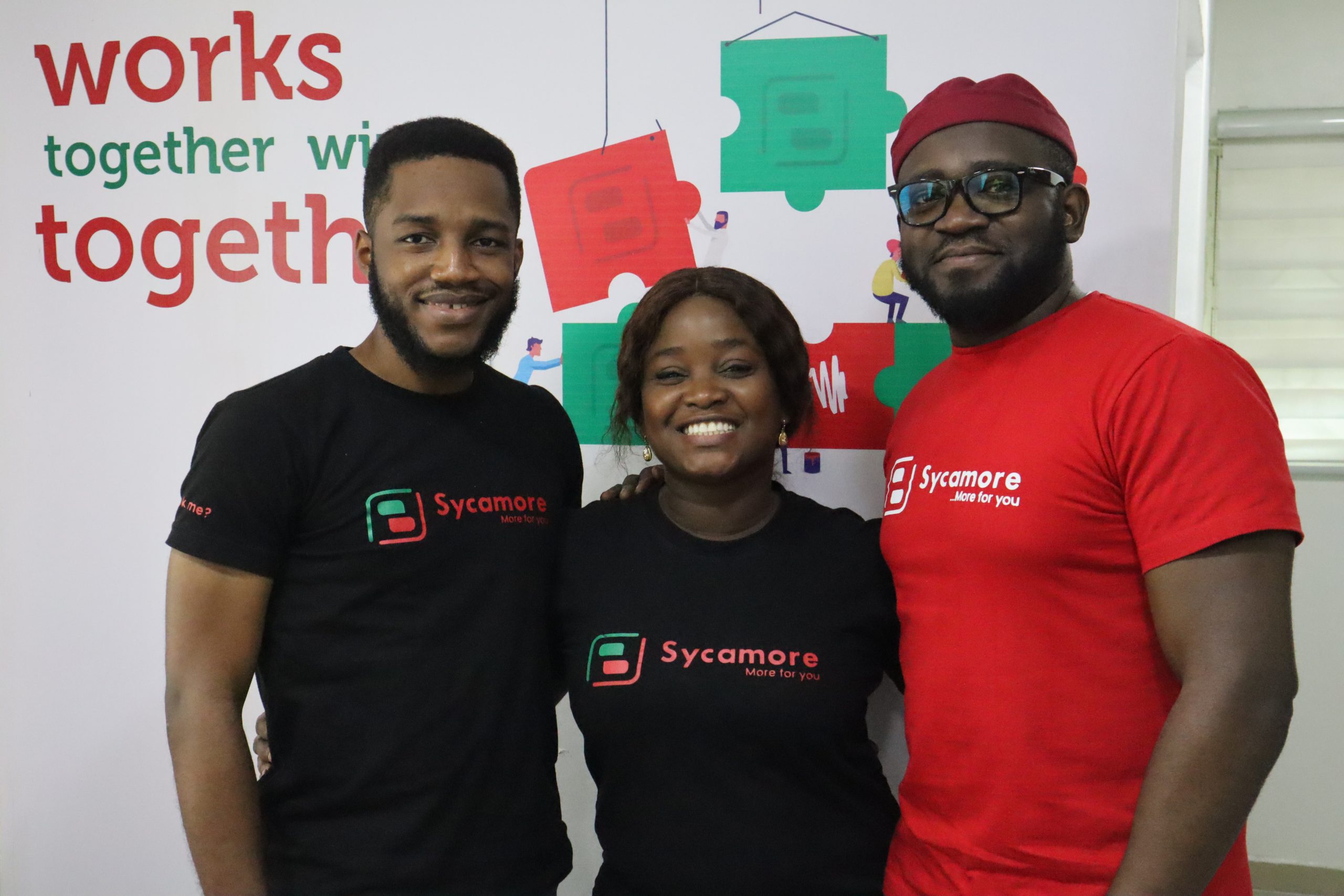In a bid to enhance mining activities in Tanzania, Minerals Minister Anthony Mavunde urged GF Trucks & Equipment Ltd to broaden its reach and support miners with equipment loans.
The minister made this statement during the official launch of the company’s new office in Geita Region, a hub for mining operations in Tanzania.
Minister Mavunde commended GF Trucks & Equipment Ltd for its commitment to bolstering the mining sector by providing essential equipment to miners. He expressed confidence in miners’ honesty and capacity to efficiently use equipment obtained through loans and repay them without issues. The minister emphasized the importance of extending the scope of services to cater to the mining community’s needs.
Read also: Tanzanian researchers unite to boost sustainable scientific advancement
Facilitating Mining Activities with a Local Presence
The newly inaugurated office at the Geita regional gold market marks a significant development for the mining industry. By bringing services closer to the miners, it aims to streamline mining activities, potentially encouraging many more Tanzanians to take part in this crucial sector.
Minister Mavunde congratulated the company for its dedication to serving miners and improving the region’s economic contributions. This year, Geita Region is tasked with contributing 243 billion Tanzanian Shillings to the government’s coffers, highlighting the significance of such initiatives.
Salman Karmali, the company’s Marketing Director, shared their plans to expand services to Tanzanians across various zones. In line with the favorable investment climate created by the Sixth-Phase Government, GF Trucks & Equipment Ltd aims to produce 1,500 large trucks at its assembly plant in Kibaha, Coast Region. The company’s commitment to localization is evident as the trucks handed over during the exhibition were locally assembled.
Supporting the Mining Sector
During the exhibition, GF Trucks & Equipment Ltd sealed a contract with the State Mining Corporation (STAMICO) for the supply of machines and trucks. Under this agreement, the company will provide equipment and trucks to both large and small-scale miners, supervised by STAMICO.
Dr. Venance Mwasse, Managing Director of STAMICO, emphasized the need to bring services closer to miners, recognizing the substantial capital required for significant investments in the mining sector.
Ms. Efrosina Mwanja highlighted the company’s collaborative efforts with miners, providing equipment loans and trucks to support their operations. Such partnerships play a vital role in ensuring the mining industry’s sustainable growth and development.
As GF Trucks & Equipment Ltd expands its services and presence in Tanzania, it aims to foster a thriving mining sector and contribute to the nation’s economic prosperity. The company’s commitment to localization and supporting miners underscores its dedication to the Sixth-Phase Government’s vision for the country’s mining industry.
About Tanzania’s Ministry of Minerals
The Ministry of Mining in the United Republic of Tanzania plays a pivotal role in fostering the growth and advancement of the country’s mining sectors. Originally under the Ministry of Energy, it was subsequently separated during a strategic Cabinet reshuffle orchestrated by President John Pombe Magufuli.
This separation underscores the government’s commitment to providing focused attention and resources to the mining industry, recognizing its significant contribution to the nation’s economy.
On the 7th of October, 2017, a significant development occurred in the United Republic of Tanzania as the President introduced an amendment to the Notice on the assignment of Ministerial Functions (Instrument) No. 144, originally issued on the 22nd of April, 2016. This amendment marked the creation of the Ministry of Minerals, a pivotal entity with a comprehensive mandate aimed at shaping the nation’s mining sector and related areas.
The Ministry of Mining is dedicated to creating an enabling environment for sustainable mining practices and ensuring that this critical sector continues to thrive and benefit the nation.



